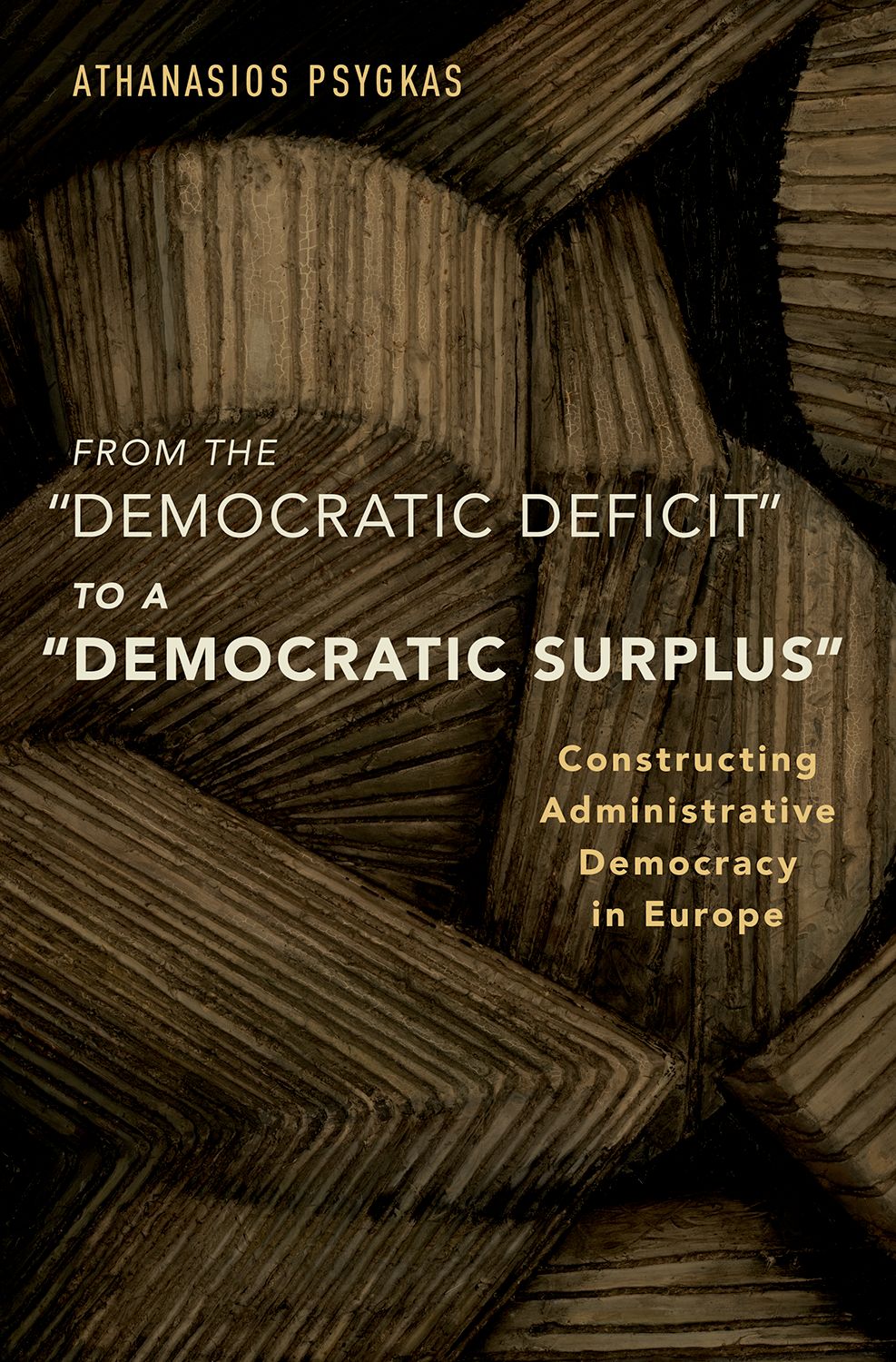by Professor Phil Syrpis, University of Bristol Law School
This article examines attempts to evaluate Brexit. Brexit is a ‘complex event’ which involves far-reaching political, economic, legal and social change. When, as in relation to Brexit, the stakes are high and opinions are entrenched, methodologies are bound to attract critical attention. In the light of the prevalence of ever-louder claims that ‘Brexit has failed’, this piece discusses the inherent difficulties in making such an apparently definitive assessment of ‘a complex event’. In the specific case of Brexit, the near absence of settled objectives compounds the difficulties, with the result that the criteria on which evaluations are based will inevitably be contested. (more…)







